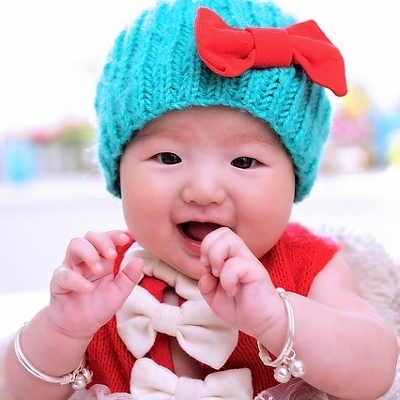 If you have a tween who owns a device that runs on the Android or iOS platform, they might have an Instagram account. However, Instagram, like all other social media platforms, has a policy of not allowing children under the age of 13 to use their app. That being said, many kids this age use social media, with or without their parents’ consent. Thus, as a parent, it is a good idea to be aware and educated. Even if your child will follow the rules and not use social media until he turns 13, it helps if you know as much as your child does.
If you have a tween who owns a device that runs on the Android or iOS platform, they might have an Instagram account. However, Instagram, like all other social media platforms, has a policy of not allowing children under the age of 13 to use their app. That being said, many kids this age use social media, with or without their parents’ consent. Thus, as a parent, it is a good idea to be aware and educated. Even if your child will follow the rules and not use social media until he turns 13, it helps if you know as much as your child does.
Instagram, as mentioned previously, can be used on a handheld devices. You can review Instagram accounts from your computer, but you can’t create or edit accounts unless you are using a handheld device, such a ‘Droid phone or iTouch. To create an account, your child will need to create a screen name and connect it to an email account. It is best to make the account private, so that only people your child approves can see pictures she posts.
As a parent, I highly recommend creating your own Instagram account, so you can see your child’s posts. I also recommend that a condition of your child having any social media account be that you have username and password. That allows you to override any poor choices your child makes, or even shut the account if needed.
As far as using Instagram, it is fairly simple. You can post photos to Instagram, either using photos stored on your phone or taken while within the Instagram account. Videos between 3 and 15 seconds also can be added. After adding the photo, a description can be added and those who follow you can like or comment on it. These posts can note where they were taken and the people who are in them. If your child has other social media accounts, they can be connected, and the same post can also be displayed on Twitter and Facebook, among others.
Instagram tends to be a fairly harmless social media site that allows people to express themselves through photos. The most troubling aspect of Instagram tends to be the comments left on pictures by others. Be sure to monitor comments that are left on your child’s photos. Let your child know that inappropriate comments are unacceptable, and friends that leave such comments will be blocked. Also, express to your child that he or she should not leave inappropriate comments on other people’s posts. Not only are these comments unacceptable, in many situations they can also be construed as bullying.
In my opinion, Instagram can be a fun way for your child to communicate with others. It also needs to be viewed as a privilege. If your child can use it in a mature fashion, then they may do so. Children who don’t use it appropriately or generally are not mature or respectful do not get the privilege.










